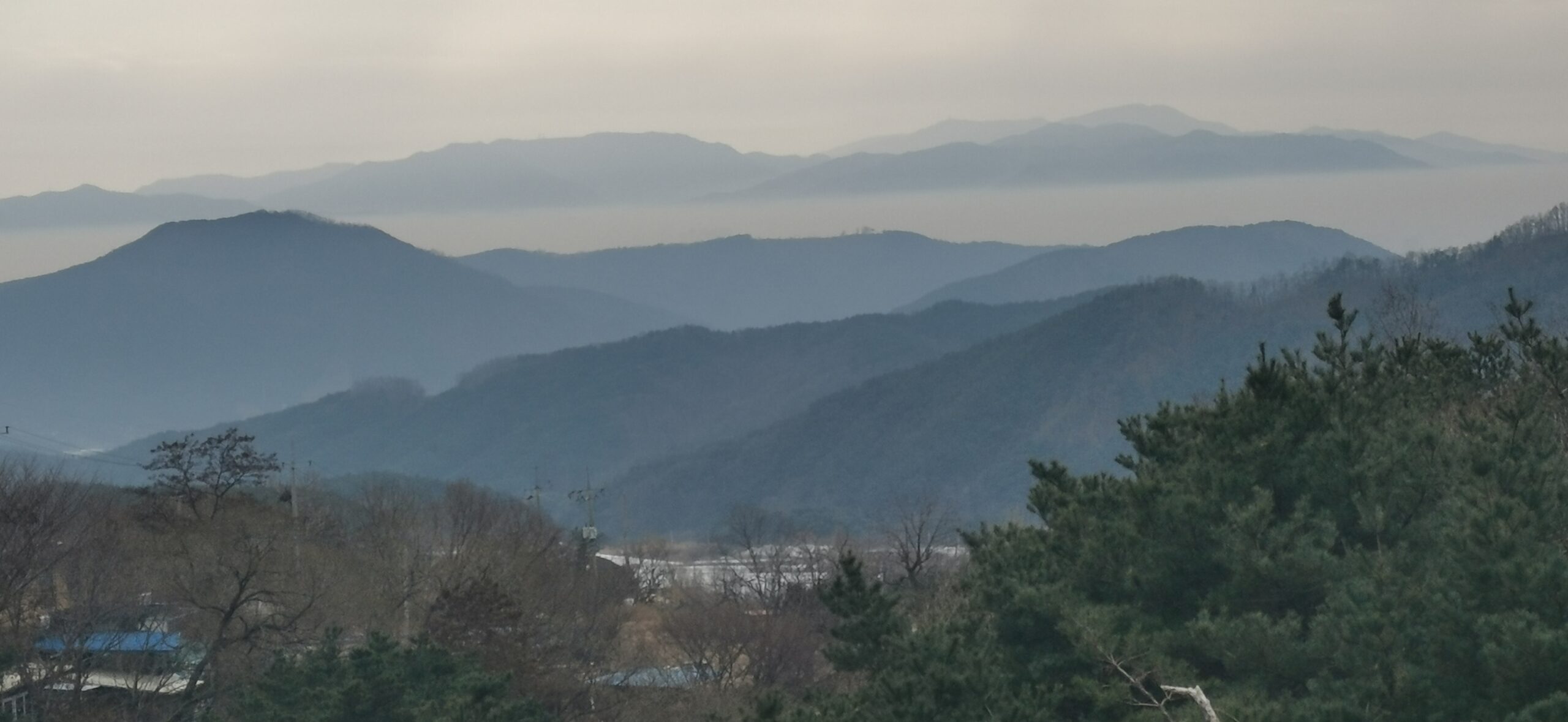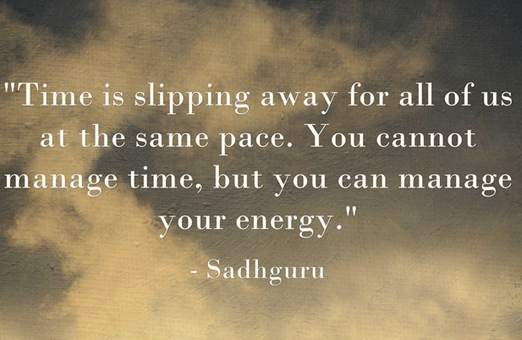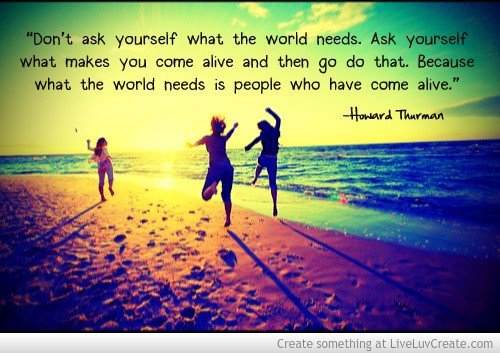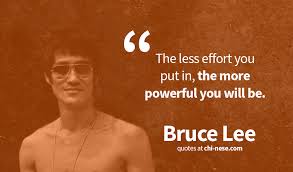
Manage Your Chi Not Your Time
Managing your chi – or energy – not your time might be very useful especially if you are locked down at home.
This is an article which was re-published and sent to clients across the Asia Pacific of Bridge Consulting which I was advising in 2020.
“Organizations are demanding ever-higher performance from their workforces. People are trying to comply, but the usual method—putting in longer hours—has backfired. They’re getting exhausted, disen- gaged, and sick. And they’re defecting to healthier job environments. Longer days at the office don’t work because time is a limited resource. But personal energy is renewable, say Schwartz and McCarthy.”
Harvard Business Review

I spent many years trying to manage my time and it never seemed to work. Like many executives I’ve read my fair share of books and ‘hacks’. It always felt like trying to just eke out a little bit more output from a 12 hour + work day. Optimalising one’s day never seemed to ‘work’ perhaps because we are humans and not machines. Since the Industrial Revolution we have used the metaphors from engineering to describe how we function. No wonder so many people are unengaged and uninspired at work.
With the current coronavirus crisis, many people are working from home and are thinking either about time management (if they have work) or merely distracting themselves (if they don’t have work). My suggestion is to use this as an opportunity to start looking at your energy — and perhaps you’ll find that ‘fire in the belly’ you can get when you have access to unlimited energy.
On Sunday, as it wasn’t a ‘work’ day, I ended up doubling down on my energy management. I woke up at 6am, did some inspirational reading, journaling and meditation. I reminded myself of my life purpose, which is always energising. Then I did 30 mins of yoga and qi gong. Through the day, I didn’t focus 100% on work but I just worked when I could. I had a 20 min nap at some point. I also ended up running 55 minutes toward the end of the day. Overall, I probably sat in front of a screen for just 6 hours but because I was so focused and energised then, my output was off the charts! I wrote a couple of articles, finished some other deliverables and had lots of fresh insights about my work. It reminded me of the importance to manage my energy – or chi – instead of being ruled by the stopwatch.
Energy is a form of power. When it’s high, you feel like there’s no task you can’t tackle. When it’s low, you feel scattered, burnt out, and overwhelmed.
Amanda Bucci, Fast Company
Here are some simple tips on accessing your energy which I do and recommend to my clients. All of it is based on my own experimentation and very much guided by my experiences with qi gong. Since antiquity, the Chinese have regarded chi (or qi) as one’s life force or vitality. Taoists who practiced qi gong or tai chi were said to have lived significantly longer than non-practitioners. Some people would regard Qi gong as the ancient art which focuses on energy cultivation. I feel it helps the chi run through the meridians of my body.
So here is the menu:
Body
Cold Showers – as shown by the Wim Hof method not only does this wake you up, better than coffee, but it boosts your immune system and more. In fact, zen monks and shaman have been doing it for thousands of years to heighten awareness and for deeper spiritual reasons. I often jump in cold lakes and rivers.
Yoga, Qi Gong – qi gong (or chi kung) is obviously excellent to bolster your chi and to begin to understand how it works. You’ll be shocked how quickly you can begin to access it.
Cardio exercise: over time this gives one energy. But if you abruptly raise the distances and intensity you’ll get sleepy or even exhausted. I love to swim but with the lockdown its easier to run at the moment.
Weight training: this is also good and less likely to result in extreme burn out like marathon running.
Biohacks: eat superfoods, greens, and alkaline foods. I’ve started taking Korean ginseng again. Cut back on carbs and sugar.
If possible try fasting or intermittent fasting, it gives your body time to rest and raises your alertness and awareness. The most powerful is one meal per day. After a few days your energy skyrockets.
Sleep: 8 hours sleep per night is good. During the day an occasional 15-30 min power nap can totally transform your day. If you are working from home, its well worth doing this rather than binging on caffeine which only raises anxiety.
Chinese teas like oolong from Taiwan is far healthier than coffee, and makes one less anxious and less in the ‘head’. This is why Zen monks drink it even before – or even during. – meditation.
Intermittent walks during the day
Importance of creating space in which to work: where you are inspired to work. Rituals can always be useful. For example I’m more focused when working from the family library.
Mind
Daily mediation of 20-30 mins: try not to make it too ‘special’. Enjoy the calmness and the feeling of being reinvigorated. Meditation will also give you insights about things which are not constructive in your life.
Endeavour to raise awareness in your day: learn presence moment to moment. Breathe mindfully, listen to the sounds around you, be aware of the weight of your body on the seat and maintain your visual awareness. You can do this in your workroom, your garden or in a car.
They say 30% of calories consumed by the brain: shut the back seat driver up which is constantly trying to second guess you. You can learn to ignore. Let go of fears and resentments. This might require some deeper work with a therapist, coach or spiritual counsellor.
Monitor your mind diet: less Hollywood junk, less mainstream media fear and sensationalism. Fear can negatively affect your energy and immune system. Focus more on books or long form articles and you will feel much calmer.
Focus more: learn from the book ‘Deep Work’. Create a space to do your focused tasks like work. If possible, have a separate room or study. And don’t multi-task!
Soul

Find food for the soul – inspirational writing, poetry. Things that move and stir the deepest parts of you and evoke your creativity. Do things which make you feel alive EVERY day.
Singing and dancing: I could have put this under ‘body.’ But better make it a soulful activity – dance and sing until you are deeply moved.
Spend time in nature or even urban parks – walks are good, but should be done as mindfully as possible.
Connect deeply with loved ones
Show your appreciation with everyone around you – from colleagues to family and beyond. Connecting with your heart can give you a lot of energy and joy.
Endeavour to connect deeper to your life purpose find your ‘bliss’ as per Joseph Campbell’s Hero’s Journey.
The more you connect to a higher purpose and the less you think about the small problems you have the greater the energy you’ll have. For some this will be a religious or spiritual experience. You’ll cultivate a faith that there are bigger forces at work. Do what you can and let the Universe or God take care of the rest.
Flow
The more you do the things above, the more likely is it is you will be in a state of flow, where you are constantly receiving energy. Then you won’t even have to ‘manage’ your energy, but you will be able to take action effortlessly.
I learnt a lot about ‘qi’ from qi gong as well as sports. But if you think its a little woo-woo, think again. Navy Seals who are facing extreme forms of uncertainty in war, have spent a lot of time studying flow states. Some of which is documented in the book Stealing Fire.
These are some of the many things I work through with coaching clients of mine. I hope you are able to use some of these ideas at this time of global uncertainty.

